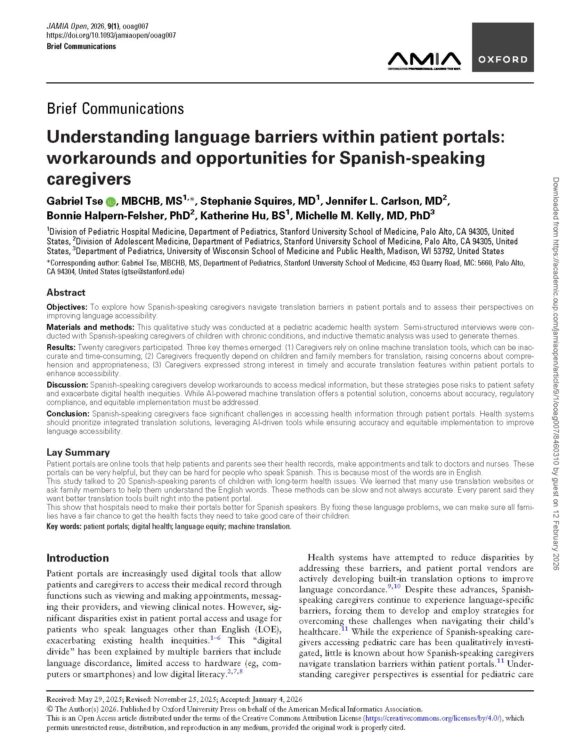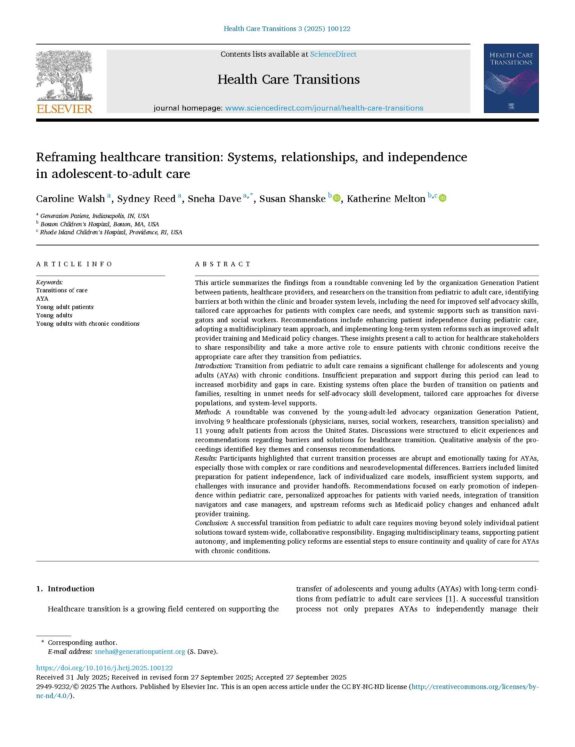Evolving Federal and State Health Care Policy: Toward a More Integrated and Comprehensive Care-Delivery System for Children with Medical Complexity
Irrespective of any future changes in federal health policy, the momentum to shift from fee for-service to value-based payment systems is likely to persist. Public and private payers continue to move toward alternative payment models that promote novel care-delivery systems and greater accountability for health outcomes.
With a focus on population health, patient-centered medical homes, and care coordination, alternative payment models hold the potential to promote care-delivery systems that address the unique needs of children with medical complexity (CMC), including nonmedical needs and the social determinants of health.
Notwithstanding, the implementation of care systems with meaningful quality measures for CMC poses unique and substantive challenges. Stakeholders must view policy options for CMC in the context of transformation within the overall health system to understand how broader health system changes impact care delivery for CMC.
Related Webinar: The lead author and experts in the field discuss the article’s key content.
This article is part of a supplement to Pediatrics entitled, “Building Systems that Work for Children with Complex Health Care Needs.”


